by Michael Haskew
Although the French Empire and Imperial Russia were nominal allies following their agreement of mutual support concluded at Tilsit in 1807, divergent interests drove a wedge between them in subsequent years. Chief among the issues that divided French Emperor Napoleon I and Russian Czar Alexander I were Russia’s refusal to enforce the Continental System, an economic blockade against British goods entering continental Europe, and whether France or Russia would exert primary influence in the affairs of Poland.
[text_ad]
Intent on forcing the Russians to honor their treaty obligations and recognize French preeminence throughout Europe, Napoleon invaded the vast country to the east on June 24, 1812, riding at the head of a 600,000-man Grand Armee that included soldiers from every corner of the empire. The French army was more than twice the size of the opposing Russian force, initially commanded by Field Marshal Michael Andreas Barclay de Tolly and then Prince Mikhail Kutusov.
As Napoleon stubbornly advanced deeper into Russia, the summer heat took its toll on an army far from home with extended supply lines, and the Russian army refused to give battle. Employing a scorched earth policy, the Russians withdrew further toward the interior of their country while swift Cossack cavalry harassed the French flanks and rear with hit-and-run attacks.
The Road to Moscow Lay Open
After nearly three months of retreat, the Russians made a stand at the Battle of Borodino, near Moscow, and one of the bloodiest battles of the Napoleonic Wars occurred on September 7. More than a quarter million men fought, and total casualties approached 70,000. Although Napoleon claimed victory as his enemy withdrew, he had not destroyed the Russian army as a fighting force. Still, the road to Moscow lay open, and the French entered the deserted city on September 14.
Fires raged in Moscow that night, and Napoleon remembered the ghastly scene of “…mountains of red, rolling flames, like immense waves of the sea. Oh, it was the most grand, the most sublime, and the most terrifying sight the world ever beheld.”
The Emperor expected a Russian peace overture. None came.
Napoleon waited five weeks, and as autumn swept in the French Grand Armee began the long westward retreat that degenerated into one of the greatest military disasters in history. Napoleon disregarded advice from a trusted subordinate that might have taken the army on a route that was better supplied, while the Russian army forced him to retrace the route he had taken so proudly the previous summer.
In early December, Napoleon left his retreating command, returning to Paris where a coup had recently been quelled and hoping to raise a new army. By the time the last French soldier left Russian territory in mid-December, the emperor had lost half a million casualties to the enemy and the cruel Russian winter. His disastrous campaign subsequently gave rise to the Sixth Coalition and a renewal of the struggle against French hegemony on the continent of Europe. In the spring of 1814, the armies of the Sixth Coalition entered Paris, Napoleon was forced to abdicate, and the Bourbon monarchy was restored. Napoleon went into exile on the island of Elba in the Tyrrhenian Sea.
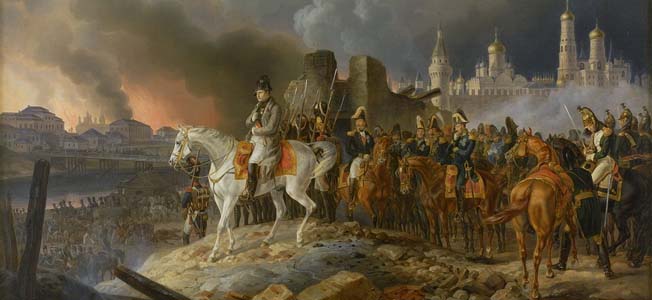
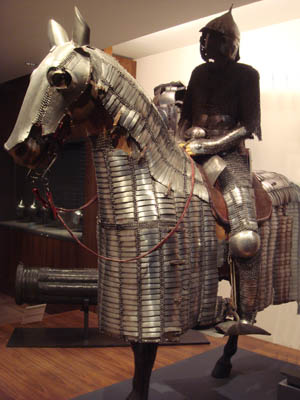
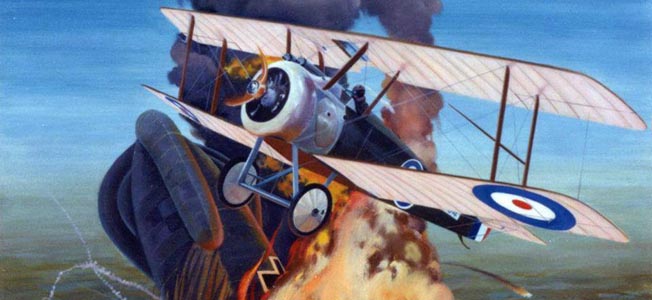
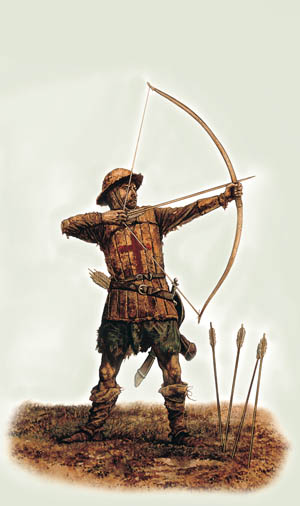
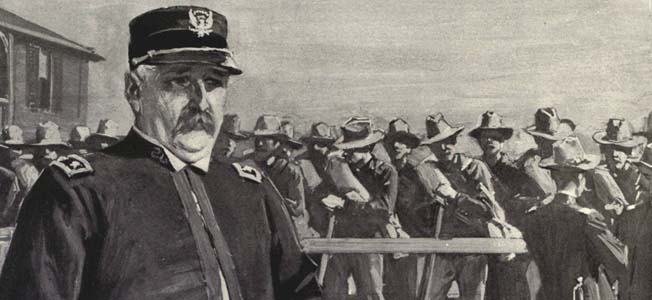
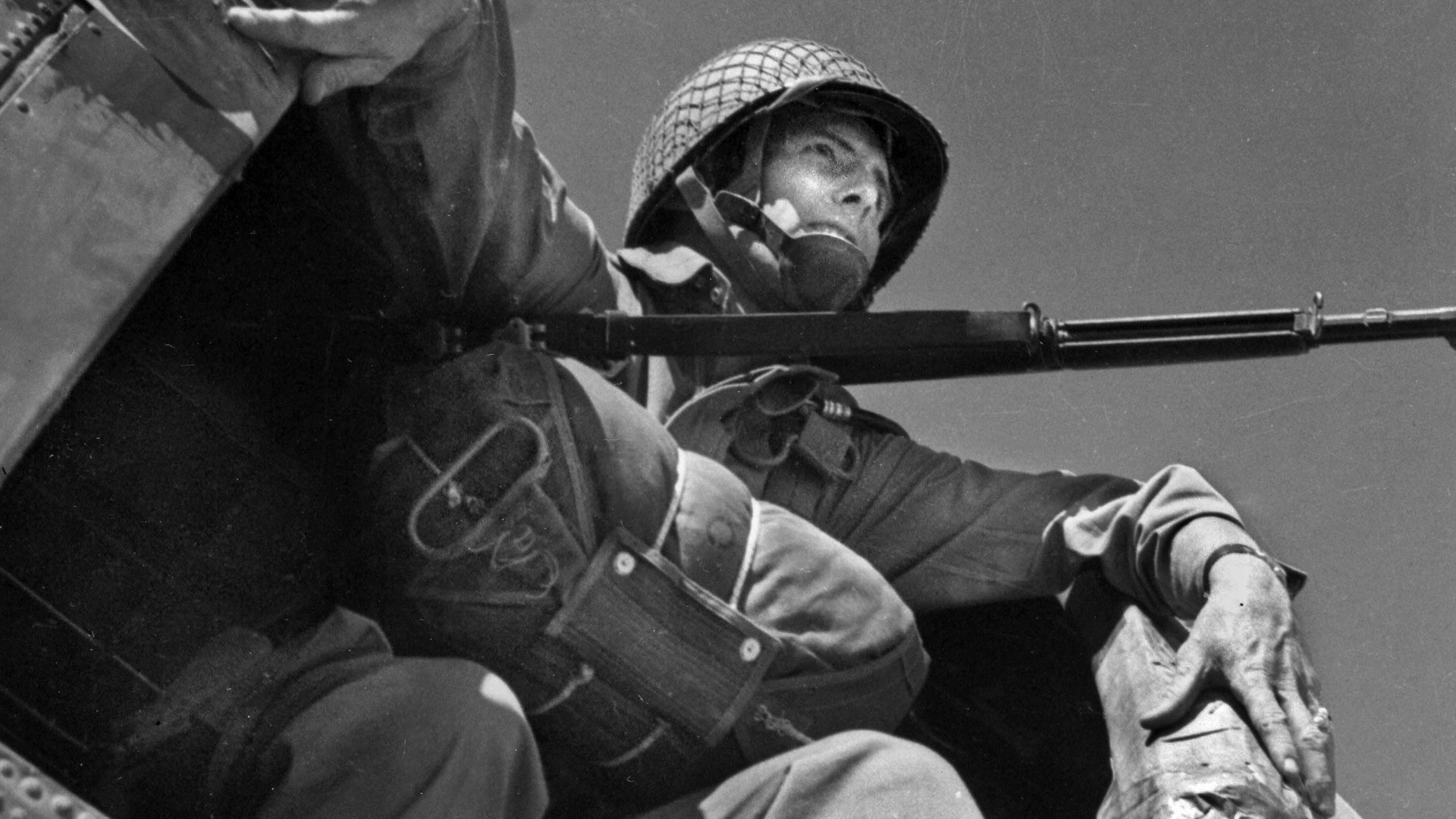
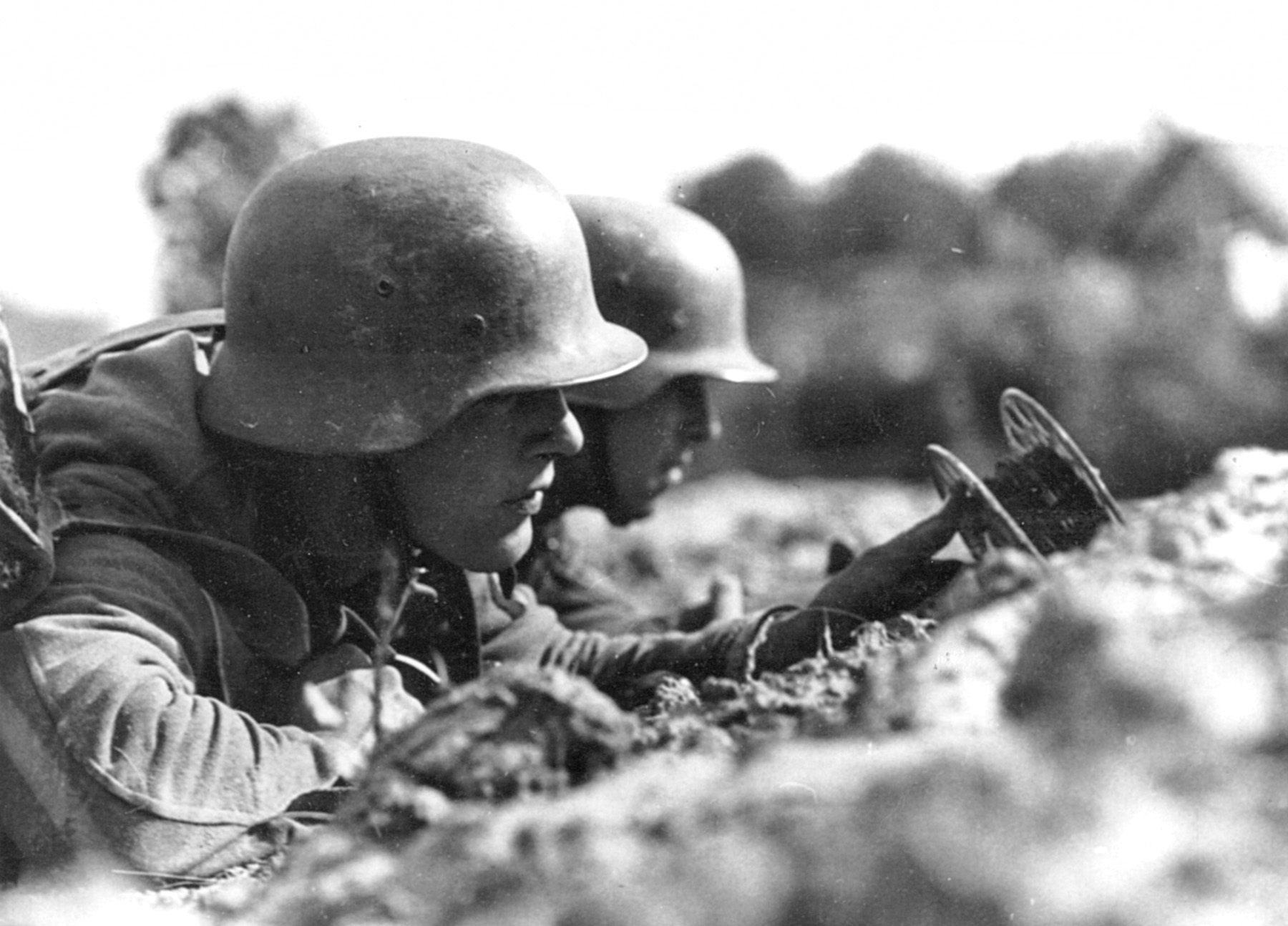
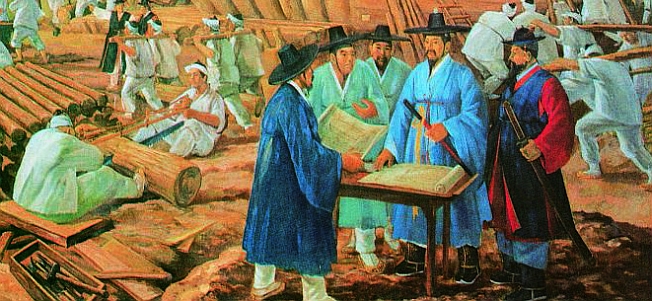
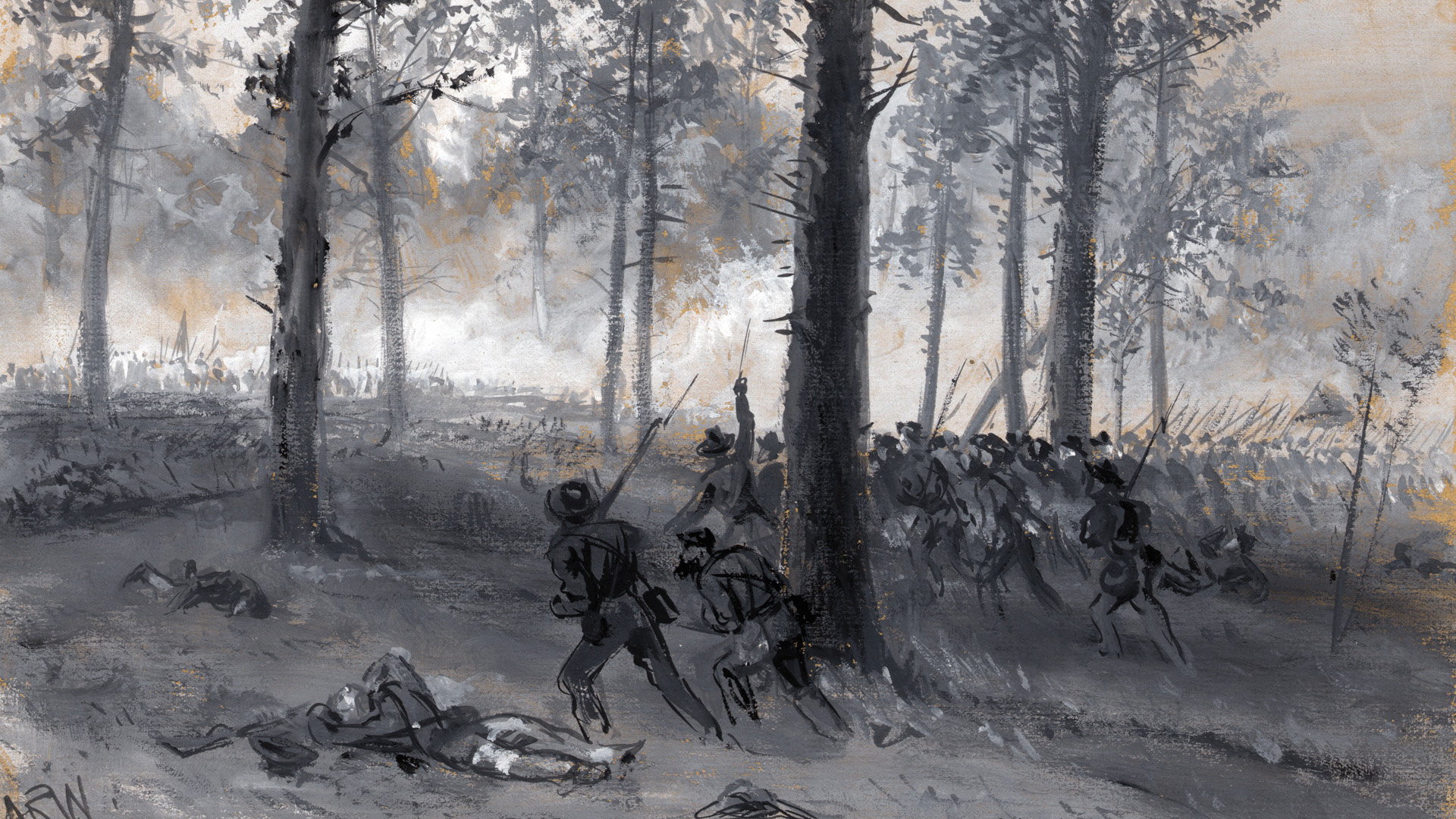
Join The Conversation
Comments
View All Comments